Tech billionaires’ vision of an AI-dominated future is flawed — and dangerous
Adam Becker’s new book, More Everything Forever, investigates the dangers of a billionaire-driven tomorrow, in which trillions of humans live in space, served by AI.
Every print subscription comes with full digital access

Researchers are still divided about whether Spinosaurus was a swimmer or a wader. What’s clear is that confirming the first swimming dinosaur would be a game-changer.

Adam Becker’s new book, More Everything Forever, investigates the dangers of a billionaire-driven tomorrow, in which trillions of humans live in space, served by AI.
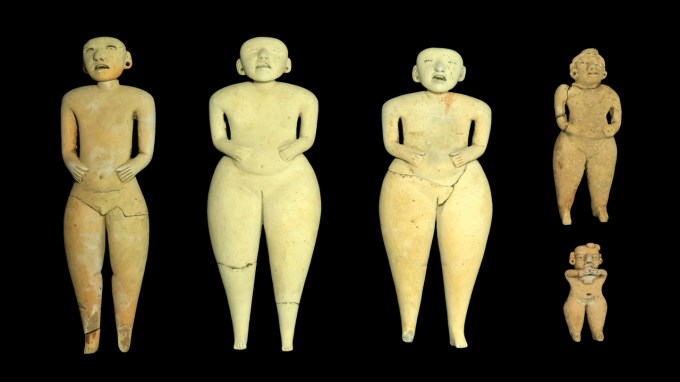
The puppets, unearthed in El Salvador, have movable heads, strange facial expressions and may have been dressed for ritual roles.
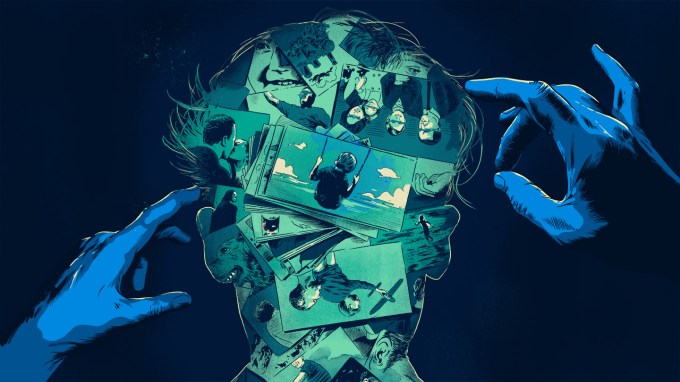
Experiments point to how scientists can strengthen or weaken memories, which may eventually lead to treatments for Alzheimer’s disease or PTSD.

Scientists and journalists share a core belief in questioning, observing and verifying to reach the truth. Science News reports on crucial research and discovery across science disciplines. We need your financial support to make it happen – every contribution makes a difference.
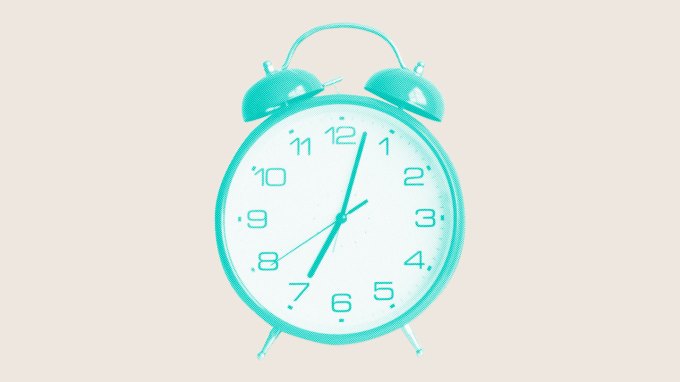
For a good night of sleep, consider getting your circadian rhythm back in sync with the sun. Here’s how to do it.

A quantum processor solved a problem in 20 minutes that would take a supercomputer millions of years. A supercomputer then did a part of it in about 2 hours.

The long-term survival of a patient with neuroblastoma suggests the personalized cancer treatment may work for solid tumors, not just blood cancers.

Face bones unearthed in a cave suggest that members of our genus, Homo, reached northern Spain as early as 1.4 million years ago.

Last year, astronomers announced that a planet orbits Barnard’s star. Now, researchers have confirmed the existence of three more.

Uranus radiates more energy than it gets from the sun, two new studies find — just as Jupiter, Saturn and Neptune do.
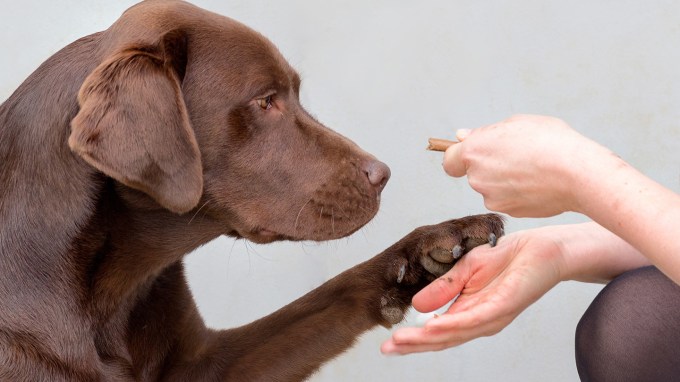
Understanding the genetics of Labrador retriever obesity may help dog owners mitigate their best friend’s weight gain.
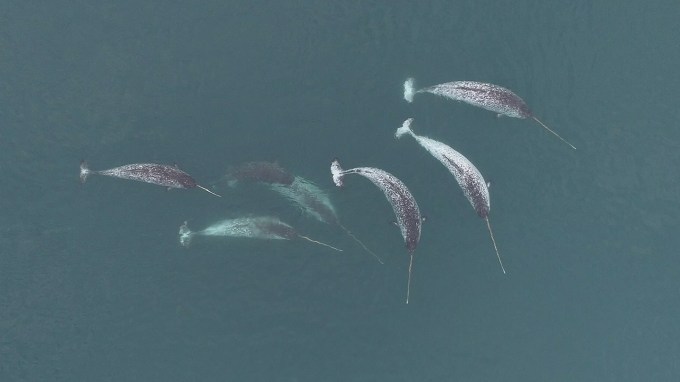
Videos show narwhals using their tusks in several ways, including prodding and flipping a fish. It’s the first reported evidence of the whales playing.

Rising temperatures could reduce trees' ability to photosynthesize. Scientists are trying to figure out just how close we are to that point.

Earth’s core could contain helium from the early solar system. The noble gas tucks into gaps in iron crystals under high pressure and temperature.

Southwestern Sydney's koalas have avoided the chlamydia outbreak threatening the entire species. But their isolation has left them extremely inbred.

Firefly Aerospace landed a craft safely last week, a first for a private company. But Intuitive Machines’ mission ended when its lander wound up on its side in a crater.

The “Helmholtz resonator” concept explains the frequencies of sound produced by clapping the hands together in different configurations.
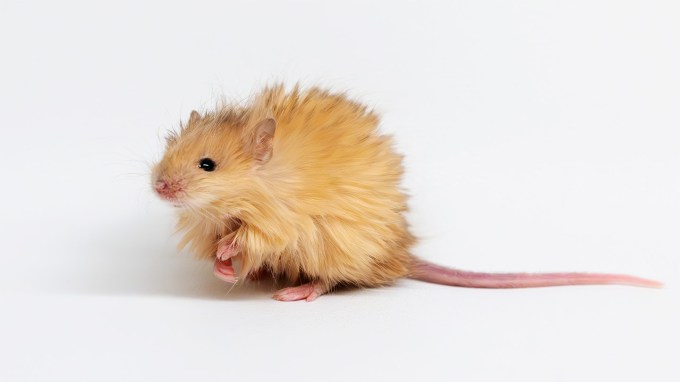
Scientists created transgenic mice with woolly mammoth–like traits. But does it really bring us closer to bringing back woolly mammoths?
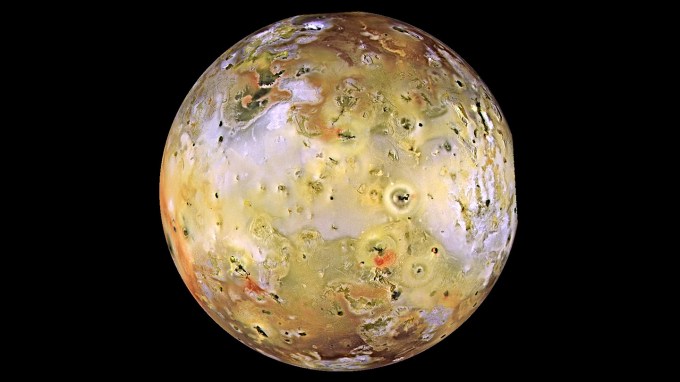
NASA’s Juno spacecraft identifies over 40 enormous lava lakes on Io, shedding light on the extreme volcanism sculpting Jupiter’s moon.

By squirting chemicals onto a person’s tongue to taste, a new device aims to replicate food flavors for fuller virtual experiences.
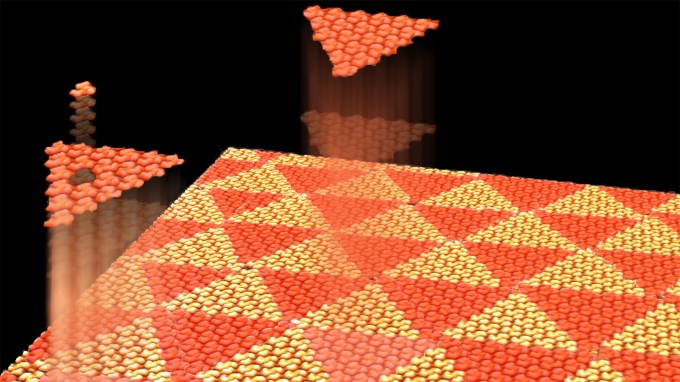
Chemists identify a single molecule that naturally tiles in nonrepeating patterns, which could help build materials with novel electronic properties.

From demon to danger noodle, human ideas about snakes can be as contradictory as the creatures themselves. In Slither, Stephen S. Hall challenges our serpent stereotypes.

Solve our latest interactive crossword. We'll publish science-themed crosswords and math puzzles on alternating months.
Subscribers, enter your e-mail address to access the digital replica edition.